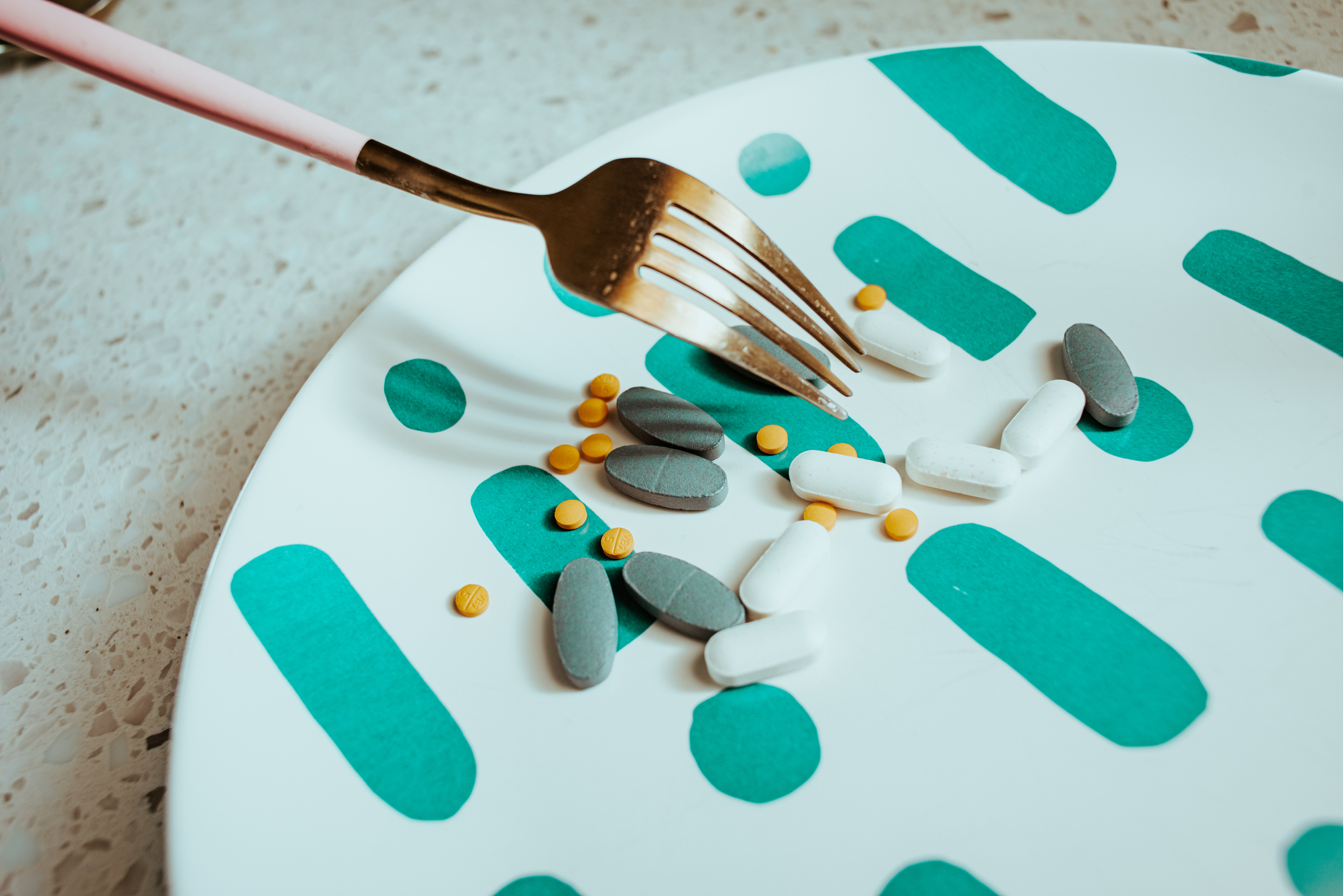As adults grow older, many take supplements and vitamins to support good physical and cognitive function. But how and when you take common supplements can have a significant impact on how they are absorbed, how effective they are and how one feels after taking them.
According to a recent The Healthy – Nutrition report, there are some supplements that are better taken with food. Iron, for example, is best taken with lunch or dinner to help minimize any nausea. Because caffeine and milk can interfere with absorption, taking iron in the morning with coffee or cereal and milk is not ideal. Eating does help break down supplements by getting digestion going – and taking iron with vitamin C can also boost its absorption.
Magnesium is getting a lot of attention of late for a variety of health benefits including helping to regulate blood sugar, support muscle and nerve function, keep blood pressure normal and improve bone health. It can also make you sleepy, so it’s best to take magnesium in the evening before bedtime. Signs of low magnesium can include frequent headaches, constipation, low energy levels, bone loss, and jitters.
Vitamin C, which can also cause nausea due to its acidity, is best taken with a meal at the same time each day. The body cannot store Vitamin C because it is water-soluble. Eating food rich in Vitamin C like bell peppers, strawberries, kiwi, broccoli, and cauliflower is recommended for getting enough Vitamin C, but some people may require a supplement. Vitamin C helps in the production of collagen and is necessary for tissue growth and repair. It is also an antioxidant that can help prevent free radical damage that contributes to heart disease and cancer.
B-complex Vitamins are best taken in the morning because they help boost energy for the rest of the day. Vitamin B12 deficiencies are fairly common and can lead to fatigue, weakness, numbness, poor balance, and memory problems. Diet and certain medical conditions can lead to a B12 deficiency which must be medically diagnosed but is treatable with shots or supplements.
Vitamin D, which may be lacking if you live in a region that receives little sunshine in the winter months, can help prevent brittle bones. Low levels of Vitamin D are associated with a greater risk for cancer, obesity and diabetes as well as other chronic health conditions. Vitamin D is fat-soluble and should be taken with healthy fat-rich food – a piece of whole-grain toast with avocado or an egg for example.
Splitting up doses of calcium into two – one half in the morning and one in the afternoon – can help lower the risk for people who are more likely to develop kidney stones. Calcium, which supports bone health, is also found in dairy products, salmon, almonds and leafy greens.
Probiotics help support gut health and research continues to discover a greater connection between good bacteria in the gut and overall health. Because there are so many strains and forms of probiotics on the market, it’s important to read the instructions and take them as advised. Some are best taken with food and some are better without. Also, pay attention to how probiotic supplements should be stored as some require refrigeration.
As always, talk with your doctor before starting or stopping any vitamin or supplement regime. Even over-the-counter medications and supplements can have serious side effects and may interact with prescription medications. It’s also important to review all medications and supplements each year with your physician and keep a record of current doses on hand in case of an emergency. Members of The Oldish can access the Medication Checklist in the Toolkit, printing out and/or emailing a copy to your primary care provider. Keep in mind that a healthy diet rich in fresh vegetables, fruits, whole grains, nuts, lean protein, and healthy fats should meet all your nutritional requirements.






Add Your Voice
0 Comments
Join the Discussion